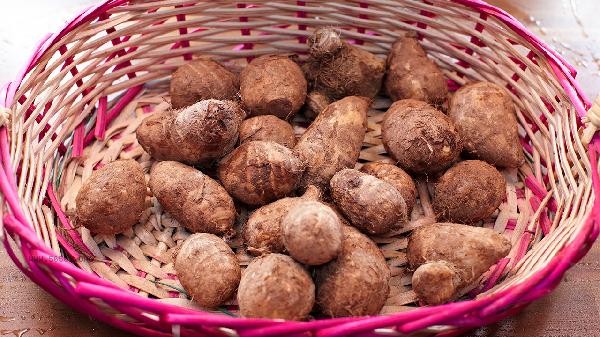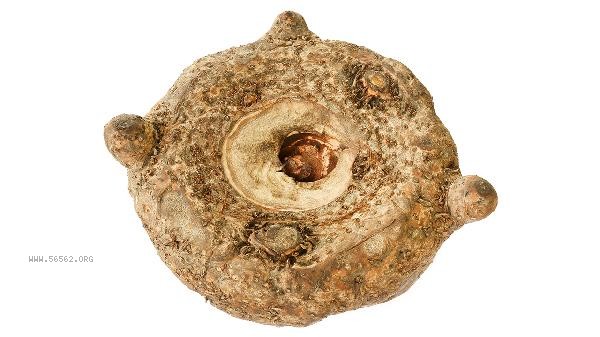Eating konjac for a month can generally lead to a weight loss of 3-5 pounds, and the specific effect varies from person to person. Konjac is a low calorie, high dietary fiber food that helps increase satiety and reduce calorie intake. However, weight changes are influenced by factors such as basal metabolic rate, exercise intensity, and dietary structure, and relying solely on konjac for weight loss has limited effectiveness. The main component of konjac is glucomannan, a soluble dietary fiber that swells when exposed to water, slowing down gastric emptying and reducing hunger. Meanwhile, konjac contains almost no fat or sugar, with only about 7 calories per 100 grams, making it suitable as a substitute for some staple foods. Long term consumption may improve the balance of gut microbiota, promote the elimination of metabolic waste, and have a certain auxiliary effect on weight control.

Some individuals may experience gastrointestinal discomfort, such as bloating and diarrhea, due to excessive intake of konjac. The dietary fiber in konjac can interfere with the absorption of some minerals, and long-term consumption alone may lead to malnutrition. Patients with diabetes should pay attention to the possible added sugar in konjac products, and those with abnormal renal function should control their intake to avoid potassium accumulation.

It is recommended to include konjac as part of a balanced diet, paired with high-quality protein and fresh vegetables and fruits. Weight loss requires a combination of aerobic exercise and strength training, with at least 150 minutes of moderate intensity exercise per week. Avoid excessive reliance on a single food for weight loss, as long-term extreme dieting may lead to a decrease in basal metabolic rate. If you experience discomfort symptoms such as dizziness and fatigue, you should adjust your diet structure in a timely manner and consult a nutritionist.









Comments (0)
Leave a Comment
No comments yet
Be the first to share your thoughts!